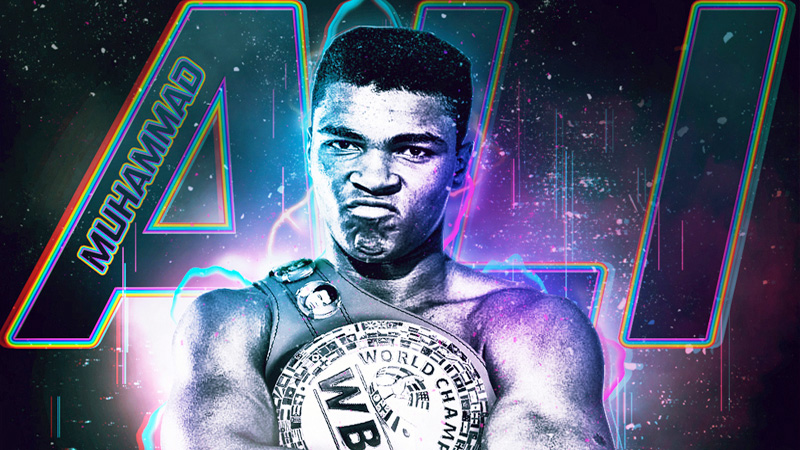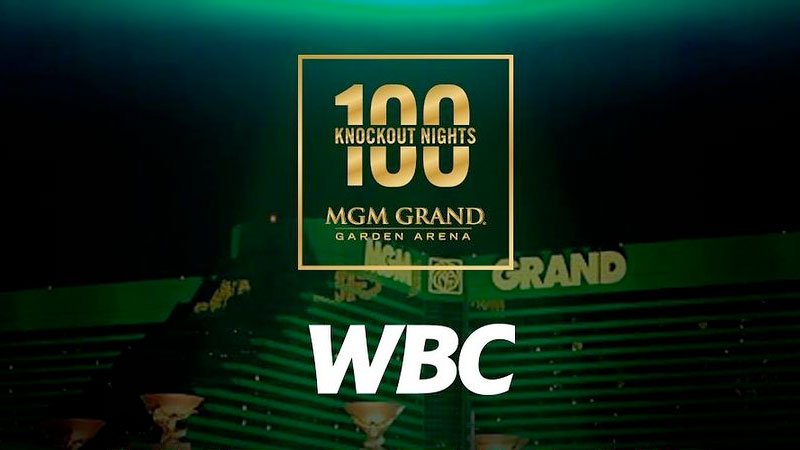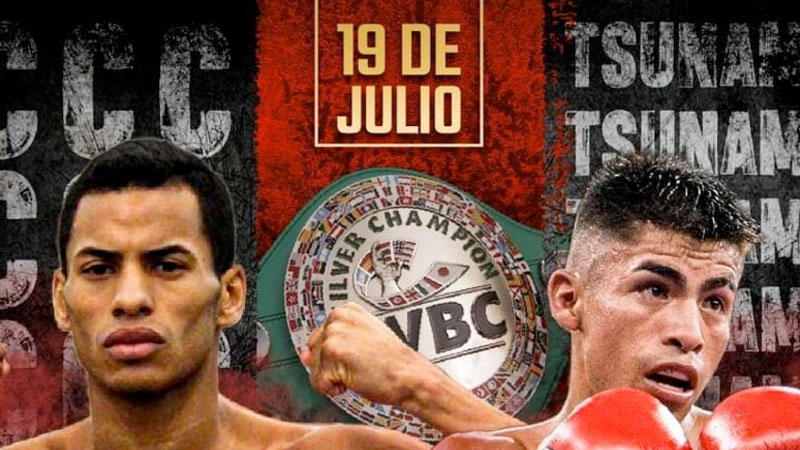
Remembering Muhammad Ali “The King of Boxing” with love
Today Muhammad Ali “The King of Boxing” was born
Muhammad Ali, the name he adopted one day after being crowned champion.
He changed his “slave name”, which was Cassius Clay. So there and then began an extraordinary destiny path, different from all others in boxing, setting standards of heightened achievement but also of illuminating and humbling humanity, which apply, right up to now.
Charismatic, quicksilver brilliant, yet practically efficient as few between the ropes. An attractive and seductively enticing style evolved, helped by natural reflexes, chopping and changing the sport of fists. In those deft and clever hands, Ali gathered up purses that nobody had ever dreamed of, let alone received before, involving battles of maximum importance in a career considered fabulous, fabled, flabbergasting and utterly unique.
Cassius Marcellus Clay was born on January 17, 1942 in Louisville, Kentucky, United States, and from his first steps he aimed to be a great lord of the quadrilaterals. He won every single important competition in which he participated, from the Golden Gloves of his state to obtaining the gold medal as a light heavyweight in the Olympic Games in Rome, in 1960.
In the same year, October 29, he started the biggest, brashest, brightest and most wondrous ring career. He was fast, he boxed instinctively yet astutely, he hit accurately, he had a strong jaw, plus fast as few, in fact he had everything: “It`s not boasting if you can`t back it up!”
His agent, Herbert Muhammad, an American Muslim leader with whom the young man harmonized, is very likely to have influenced him to convert to Islam and defend more and more fellow African-Americans.
In his professional fight number 20, Muhammad Ali conquered the world heavyweight championship, by overwhelming Sonny Liston in seven searing rounds. Many had thought Sonny would sweep away audacious young Muhammad Ali, but he himself was dusted off and mopped up.
In addition to being the most famous boxer globally, Muhammad Ali became a fearless, staunch and steadfast defender of human rights, offering lectures, while on the other hand, causing controversies and much merriment, by poking fun at his adversaries. And poignantly predicting the precise round, that those who the temerity to face him, would fall, modestly dubbing himself as “The Greatest.”
A man of deep convictions, he refused to join the Armed Forces of his country, which was waging a war with Vietnam, demurring to take the step forward when the army commanders were trying to draft new recruits who would be trained and then swiftly sent into action.
Before the ban made from the government of the USA, depriving Ali of his work, he conducted a campaign that strengthened his prestige and recognition. He fought eight crown defenses, several of them in Europe.
When he returned from the forced inactivity, he stopped rugged and so brave Jerry Quarry, in three rounds. Muhammad Ali declared and fought three incredibly intense wars with Joe Frazier, – who succeeded him on the throne – the first of them publicly known as “The Fight of the Century”, which was broadcast on television to much of the world and which was his first defeat as a pro.
In the rematch and in a third final titanic encounter between them, the Kentucky-born genius, defeated Frazier on points and by TKO, in contests in the USA and the Philippines, respectively.
It was on October 30, 1974, when he received a new opportunity for the championship. Promoter Don King had signed him as a challenger against another phenomenon who had been a gold medalist at the Olympic Games held in Mexico during September 1968.
Kinshasa was the stage where Ali applied a lightning rod in the eighth round to Texan George Foreman. George had never lost begore. Each of the contestants received five million dollars, an amount never reached or realized before by any boxer.
From there on in, Ali dedicated himself to defending the title and did it eleven times, losing – in what was a surprise for everyone, against another Olympic medalist, Leon Spinks, who defeated him by points.
After this victory the great veteran unwisely had two more fights and lost them against Larry Holmes, by TKO in 10 rounds and Trevor Berbick via points. Then the belated final farewell, for which his family and friends had been pleading for quite some time.
Outside the ring, Muhammad Ali dedicated himself to offering lectures, providing help, proclaiming his religion, and travelling throughout much of the world until “Parkinson’s” rendered this impossible.
Tears were shed the world over, in wonderment, awe, admiration and respect at his sheer courage and refusal to be bowed, carrying the Olympic torch at the Atlanta Games in 1996. The Greatest moment of courage by The Greatest!
Years later the World Boxing Council and its President Jose Sulaiman recognized Muhammad Ali in Cancun, Quintana Roo, as The King of Boxing, in a memorable ceremony attended by hundreds of champions and former champions, as well as the general public, television, radio in December 2012, during the 50th annual Convention of the WBC.
It was on June 3, 2016 when the great Muhammad Ali died in Scottsdale, Arizona, and was buried a week later. Fifteen thousand people attended his funeral. His remains rest in the Cave Cemetery in Louisville, Kentucky, where he was born. The circle has finally closed.
In the final part of the funeral, former President of the United States, Bill Clinton, who always admired Ali and was a dear friend spoke to say a tender goodbye to A TRULY GREAT American.
Muhammad Ali would have liked that.

![]()
Related posts
test


